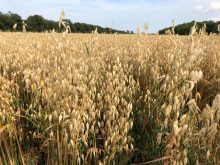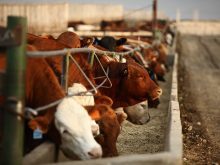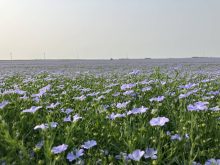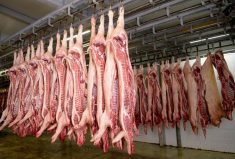Minsk | Reuters –– Belarus, aiming to boost food exports to neighbouring Russia, has cancelled a ban on live cattle from the European Union, Yuri Pivovarchuk, the head of veterinary surveillance at the Belarussian agriculture ministry, said.
Minsk said the cancellation of the ban was not caused by its plans to increase exports to Russia, which restricted meat, dairy and some other products worth about US$9 billion from the EU, the U.S., Norway, Canada and Australia in early August in retaliation for sanctions over the Ukraine crisis.
Read Also
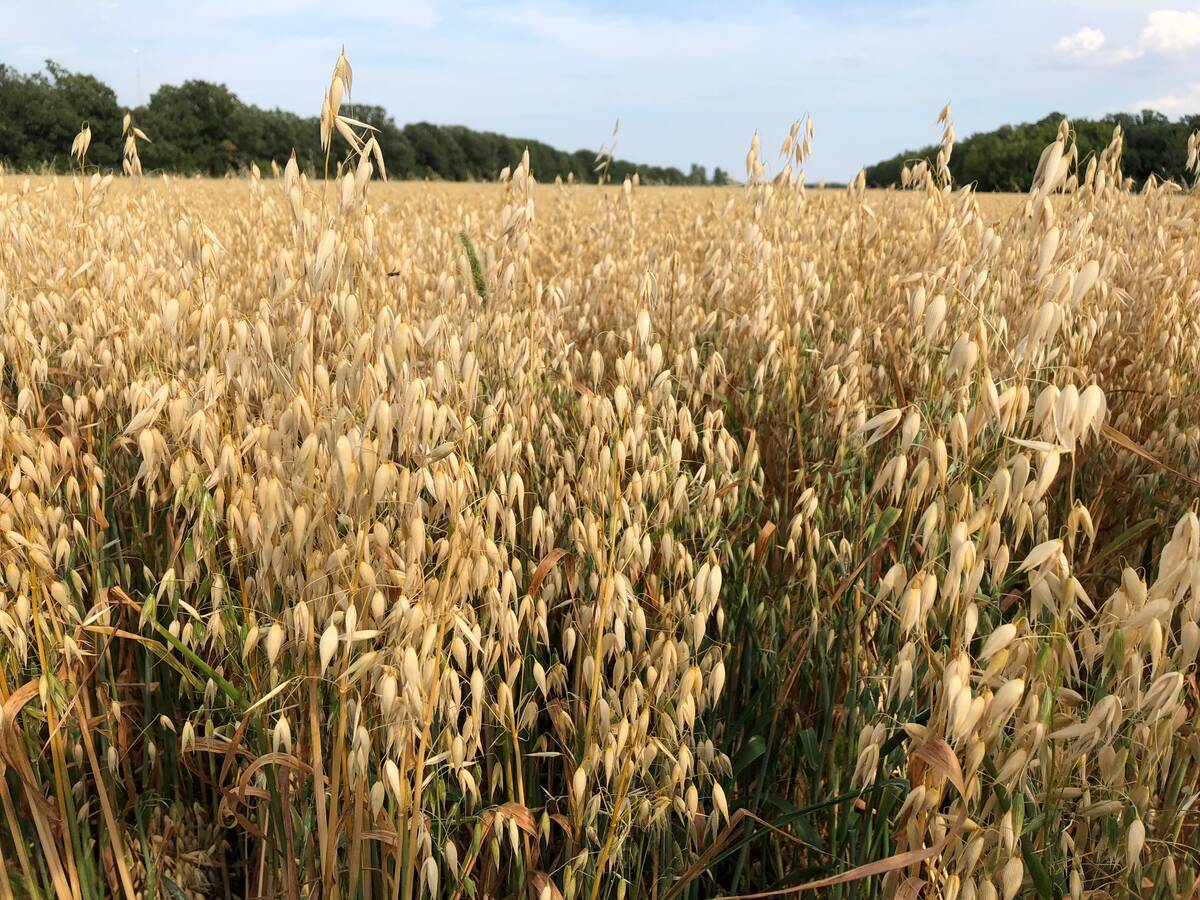
Big oat crop in 2025/26 pointing to less acres next year
Oat acres in Canada are likely to recede this spring with cash prices to remain low, said Scott Shiels, grain procurement manager for Grain Millers Canada in Yorkton, Sask.
Belarus said the cattle ban, imposed in 2012-13, was cancelled due to reduced concern over Schmallenberg virus, which infected many sheep and cows in some EU countries in 2011.
“On the basis of a letter from the World Organization for Animal Health (OIE)… we concluded this virus does not pose a threat to animals and their offspring now,” Pivovarchuk told Reuters.
Belarus plans to increase food supplies to Russia by 15 to 40 per cent this year, it has said. Exports of meat and meat products to Russia were worth $1.35 billion in January to May (all figures US$).
Belarus now accepts live cattle from Germany, Belgium, Netherlands, France, the United Kingdom, Italy, Luxembourg, Spain, Austria, Denmark, Croatia, Latvia, Hungary, Poland and Lithuania, Pivovarchuk added.
On Aug. 7, Russia banned all meat, fish, dairy, fruit and vegetable imports from the U.S., the EU, Norway, Canada and Australia for one year.
Russia imported $17.2 billion of food last year from countries covered by the ban, of which $9.2 billion was in the affected categories, the International Trade Centre, a joint venture of the United Nations and World Trade Organization, says.
Moscow has said it will allow imports from Belarus and Kazakhstan of food processed from Western raw materials as it seeks to cap domestic food price increases.
— Reporting for Reuters by Andrei Makhovsky in Minsk; writing by Polina Devitt.






